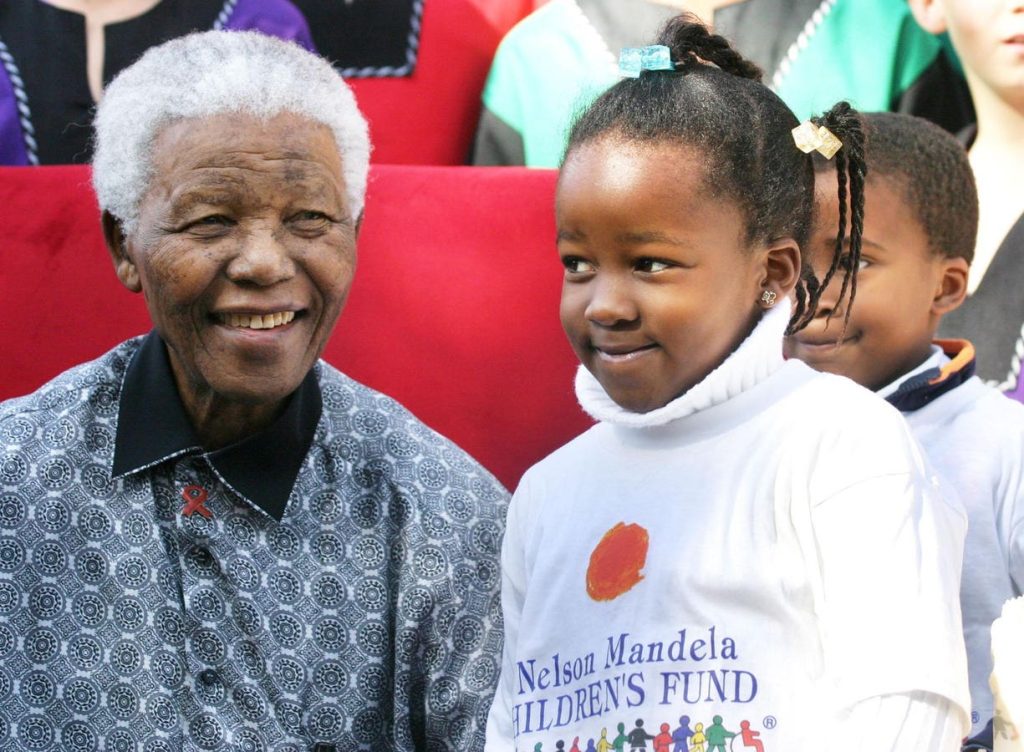The concept of elders as stewards of the future, carrying the torch of wisdom and guiding their communities towards a better tomorrow, is deeply ingrained in numerous cultures worldwide. The Seventh Generation Principle, a cornerstone of Native American philosophy, exemplifies this ethos beautifully. It dictates that decisions made today must consider their potential impact on seven generations into the future, a powerful testament to the long-term vision and responsibility elders traditionally hold. This principle highlights the interconnectedness of generations and underscores the vital role of foresight and wisdom in shaping a sustainable and prosperous future for all.
In the modern world, this concept of elder leadership has found expression in initiatives like “The Elders,” a group founded by Nelson Mandela in 2007. Comprising influential global figures, The Elders dedicate their efforts to addressing critical challenges facing humanity, such as climate change, pandemics, and nuclear proliferation. Their work transcends national boundaries, focusing on existential threats that require collective action and global cooperation. By leveraging their experience, influence, and commitment to peace and justice, The Elders strive to create a more just and sustainable world for present and future generations. This model demonstrates the potential of experienced leaders to mobilize global action on pressing issues, embodying the spirit of intergenerational responsibility on a global scale.
Contemporary society presents a unique opportunity for elders in developed nations. This demographic represents the longest-lived, wealthiest, healthiest, and most educated cohort in history. This convergence of factors creates an unprecedented potential for impactful contributions to society. The question for these individuals becomes, “How do you want to continue to contribute to the world?” This shifts the focus from personal achievement to societal impact, recognizing the wealth of experience and resources this generation possesses. The transition to this stage of life, often marked by retirement, becomes a time not of withdrawal, but of renewed purpose and engagement with the broader world.
The concept of “work” undergoes a significant transformation in this context. Rather than being defined by employment, work becomes synonymous with contributing one’s skills, talents, and interests to meaningful endeavors. Retirement transforms from a period of disengagement to an opportunity for continued growth and contribution. Individuals are encouraged to embrace their passions and share their experiences, redefining their identities beyond traditional career paths. This shift encourages a proactive and purposeful approach to later life, emphasizing the potential for continued learning, growth, and impactful engagement with the world.
The accumulated wealth, talent, and wisdom of this generation offer a powerful resource for addressing societal challenges. By channeling these assets towards solving pressing problems, elders can play a crucial role in shaping a better future. This can involve supporting organizations dedicated to causes they believe in, mentoring younger generations, or actively participating in initiatives that address local or global issues. The possibilities are vast and varied, limited only by imagination and the desire to make a difference. This active engagement not only benefits society but also provides individuals with a sense of purpose and fulfillment, enriching their own lives while contributing to the greater good.
This proactive approach to aging challenges the conventional notion of elders becoming more conservative and self-focused in their later years. Rather than prioritizing the protection of individual assets, the emphasis shifts towards safeguarding collective well-being and contributing to the common good. This outward focus generates a sense of purpose and meaning that transcends personal concerns, creating a powerful connection to something larger than oneself. By embracing this perspective, elders not only leave a positive legacy for future generations but also experience a richer and more fulfilling life in the present. This intergenerational reciprocity becomes a defining characteristic of a society that values the contributions of all its members, regardless of age.

